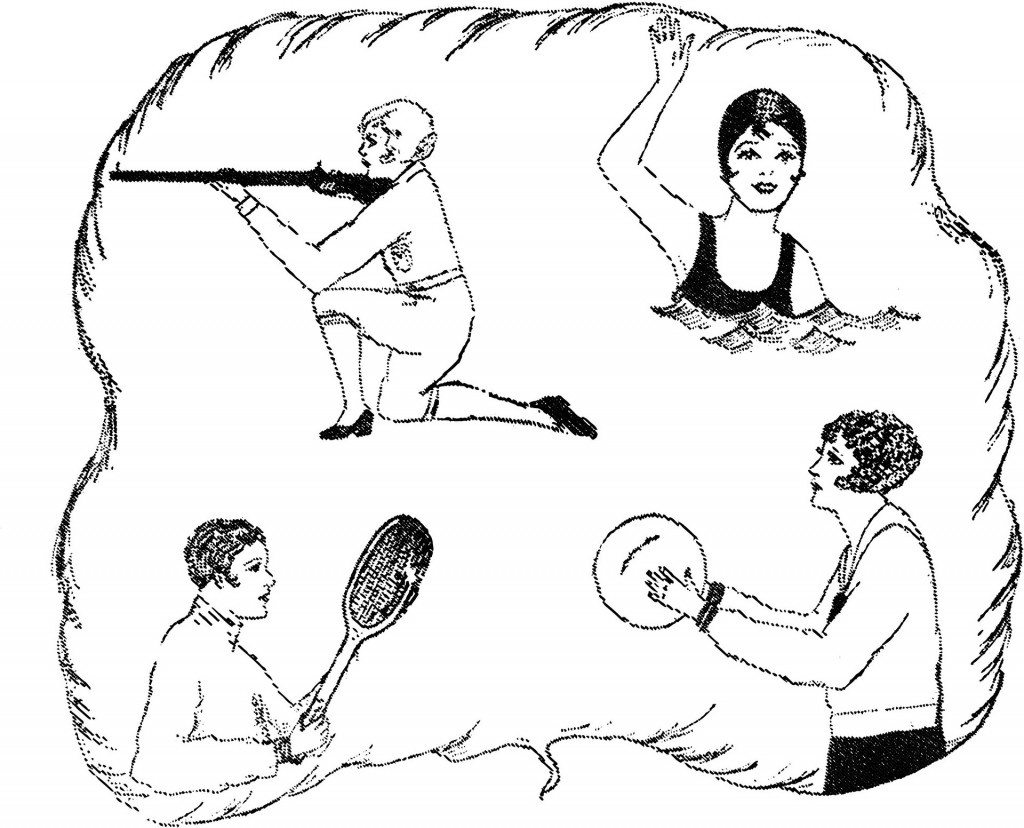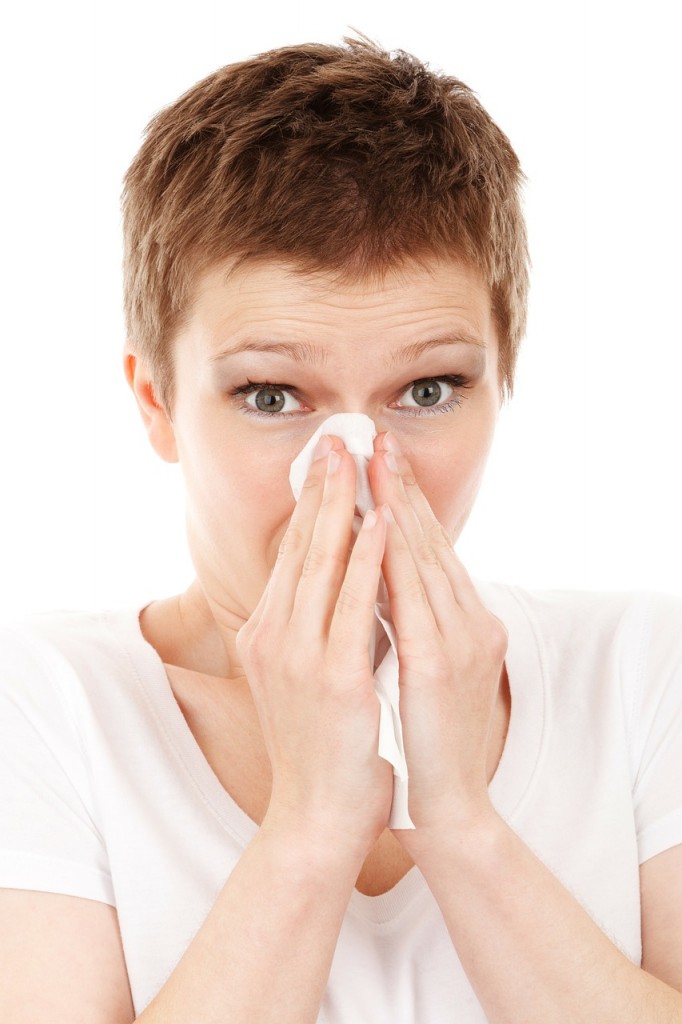61 reasons to exercise which don’t include how we look. How to get motivated to exercise. Fitness, running and Pilates in Epping
We all know that exercise is good for us. It can boost our health, help reduce our chances of getting both age related diseases and nasties like heart disease, type 2 diabetes and some cancers. It can also boost our immune systems AND boost our mood and productivity. But we thought it might be a fun idea to try and list ALL the reasons we know to exercise, with a little help from science and our lovely members at Fit School.
- Exercise can help us sleep better. Exercise in the morning, when your body’s cortisol levels are naturally high, can help regulate our hormones so we’re ready for zzz’s by bedtime.
- Getting active outdoors before a stressful situation, like a big meeting, has been shown to reduce stress markers in the body, thus making us more clear headed in that tricky situation.
- Exercise gives us more energy. When we exercise our mitochondrial production increases (mitochondria are the body’s battery cells, they are what give us energy) [KELLY et al, 2006].
- Activity can help a sluggish digestive system. If you need a clear out, go for a run.
- Exercise can help our DNA. It’s complicated (look up epigenetics) but regular activity increases your chances of your DNA replicating without misfiring!
- Playing sports can teach you a lot about life. You never lose because it’s someone else’s fault. You lose because you aren’t good enough on the day!

- As we age, our brains naturally get smaller. Studies have shown that there’s a direct relationship with leg strength and power and brain size as we age. Effectively, the stronger and fitter you are, the less your brain shrinks. [Steves et al, 2016]
- Brain size has a direct correlation to cognitive function as we age.
- Exercise specifically affects the hippocampus which can help with processing and memory, enabling it to function better and stay larger as you age [Erickson et al, 2011].
- Aerobic exercise keeps levels of oxygen, blood and glucose high, feeding the brain [Cotman et al, 2007].
- Exercise has been shown to increase the size of the brain involved in memory and learning [Brinke et al, 2015].

- Staying active as an older adult, gives you a better chance of keeping up with your grandchildren.
- When we exercise we increase our body’s ability to regulate glucose [Adams, 2013]. This is an important factor in managing diabetes, or reversing type 2 diabetes.
- Aerobic exercise has been shown to improve the cognitive skills of Alzheimer’s patients [Cochrane Report, 2013].
- Exercise enables us to meet people. It can play a vital role as we age, in helping combat loneliness.
- Some studies have suggested that walking could help with inter-personal conflict resolution. When walking side by side, both parties adopt natural cooperative stances (not competitive) which can help facilitate talking things through [Webb et al, 2017].
- Exercise helps our immune systems. Movement and exercise stimulate the lymphatic system, which is responsible for looking after our T lymphocytes (T-cells). These help fight infection. The stronger and more available they are, the better our chances of warding off infection.
- If we do succumb to illness, exercise helps our immune systems to regulate their immune response. This means it helps us to not feel quite so rough!
- But exercise has a more subtle effect on our immune systems too. Our immune systems can be inappropriately triggered if they are well regulated, causing silent inflammation, which can in time become disease, like cancer. Moderate-high intensity exercise helps combat this low level inflammation.
- When we exercise our body’s natural anti-oxidant levels up-regulate. This helps us to fight off disease. It’s like boosting our natural defence mechanisms.

- Studies have shown that individuals who exercise regularly have significantly fewer days of poor mental health than those that don’t exercise [Chekroud et al, 2018].
- Studies have shown playing regular team sports has the biggest positive impact on mental health [Chekroud et al, 2018].
- When we exercise we increase our body’s ability to synthesise protein. This means our body can convert protein much more readily. [HANDS, 2009].
- When we exercise we increase our lean tissue (muscle mass) or sustain what we already have. Lean tissue naturally decreases with age so we can halt the ageing process [HANDS, 2009].
- Exercise helps activate muscle fibres which would otherwise be reduced due to lack of use and age related atrophy (sarcopenia). The best treatment for sarcopenia is exercise. With the right programme, you could see a difference in as little as two weeks.
- Pre-habiliation, so getting strong or being fit before surgery can help operation recovery. This could also be true for some injuries or illnesses.
- Gentle exercise, like yoga or walking can help manage stress. This is measurable through heart rate variability (HRV). HRV is an excellent way of measuring the early signs of stress.
- Any exercise which increases our heart rate for 20 minutes increases blood flow to the heart and the strength of the heart wall.
- Learning a skill helps with myelination. Myelin is essential for proper functioning of the nervous system. Our ability to learn a skill stays with us (although it gets harder as we age).
- Exercise which is fun produces dopamine, a happy hormone. Some intense exercise also produces endorphins which make you feel good. This can improve emotional health.
- When we exercise we use more oxygen. Oxygen is the natural way to alkalise the body.
- Any movement or simply standing is good for us. Non Exercise Activity Thormogenesis (NEAT) refers to the way our metabolism increases through any activity, not necessarily a specific type of exercise. So our metabolic rate increases just by standing rather than sitting. Brushing your teeth standing up is better for you than performing the same task seated.

- Exercising in green space is brilliant for your brain. Studies have shown it helps to reset the amygdala, the bit of your brain that gets full when we have too many decisions to make or have to resist the urge to disagree.
- Exercising in green space is also brilliant for your body. Trees absorb carbon and neutralise the air we breathe, chucking out tonnes of oxygen. Breathe it in!
- Exercise can help protect our bones. Weight bearing exercise can help increase or maintain bone density to help reduce our risk of osteoporosis.
- Exercise can help with chronic health conditions like osteo-arthritis. Mobility in joints helps to lubricate them and maintain function.
- Regular exercise is good for our hearts and can help prevent conditions like heart disease.
- Gentle exercise like yoga, which encourages deep breathing, can help switch off our stress, or fight or flight response. It resets the parasympathetic nervous system.
- Exercise can help with weight management.
- As we age, we need to move more in order to combat nature’s ageing process.
- Humans are designed to be active. Being sedentary goes against nature.
- Regularly active adults maintain healthy T-cells (protection against infection). Some 80 year olds have been found to have healthier immune systems than 18 year olds [Lazarus et al, 2018].
- Exercise can improve your skin tone and colour. It’s one of the first changes you’ll notice if you increase your exercise levels.
- Exercise improves balance and co-ordination which can reduce the risk of falls in older adults.
- Exercise can improve your self-esteem, making you feel better about yourself. It’s something you can take control of.
- Regular exercise can help prevent strokes.
- Regular exercise has been proven to boost productivity. Some studies have shown that workday exercise not only improves well-being but participants noted a 72% improvement in time management and workload completed on days when they exercised [Coulson et al, 2008].
- Exercise can help to prevent and help back pain.

- Regular exercise can help improve your pain tolerance.
- Exercise boosts your appetite.
- ‘I exercise because it makes me happy and appreciative of the wonderful human body.’
- ‘As you get older the exercise you offer plus good food is pure medicine for good health.’
- ‘It gets me to escape the TO DO lists, enables me to have a giggle with other people and makes me feel strong and not old.’
- ‘There’s a funny meme that says “I run because punching people is frowned upon” that I identify with a little too much. 😬 Also – I run because I like to eat… a lot.’
- ‘For my mental health. For fitness. For me time. For time to think. So I can eat cake.’
- ‘For joy, friendship community, purpose, sleep, self care, being friends with my body, self confidence, anxiety and bone health.’
- ‘I am less productive if I don’t exercise outside and turn into an irritable person. Basically, I am nicer to be around if I get my exercise in.’
- ‘I exercise to switch my brain off.’
- ‘I love the feeling I get after any exercise. Also, I can eat cake.’
- ‘I exercise because it makes me smile.’
-
‘I exercise because it makes me fitter, stronger and better able to do the other fun stuff – like riding our horses and chasing (our own) kids in the park. Also so I can eat M&S belgian curls. And because I love that really exhausted but satisfied feeling when you’ve worked hard, performed well and you’re buzzing afterwards.‘As it happens, exercise also turned out to be a great way to meet a lovely local community, which you might not come across if you don’t work in the area.’
Need some more motivation? Read these:
